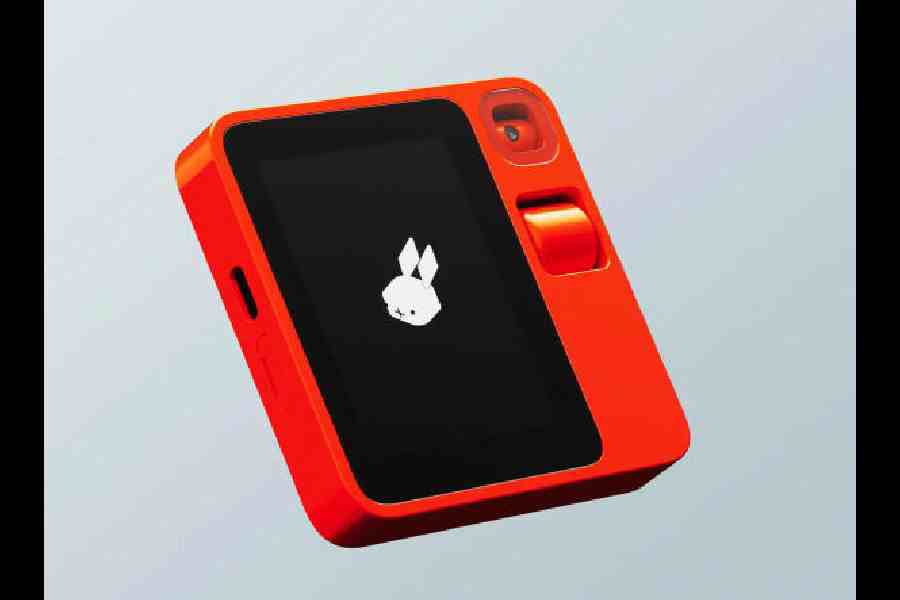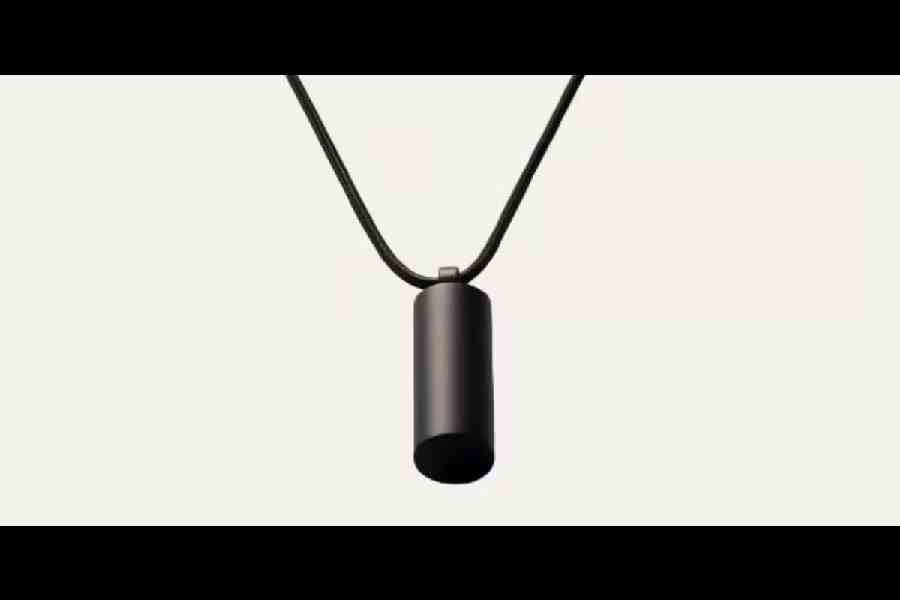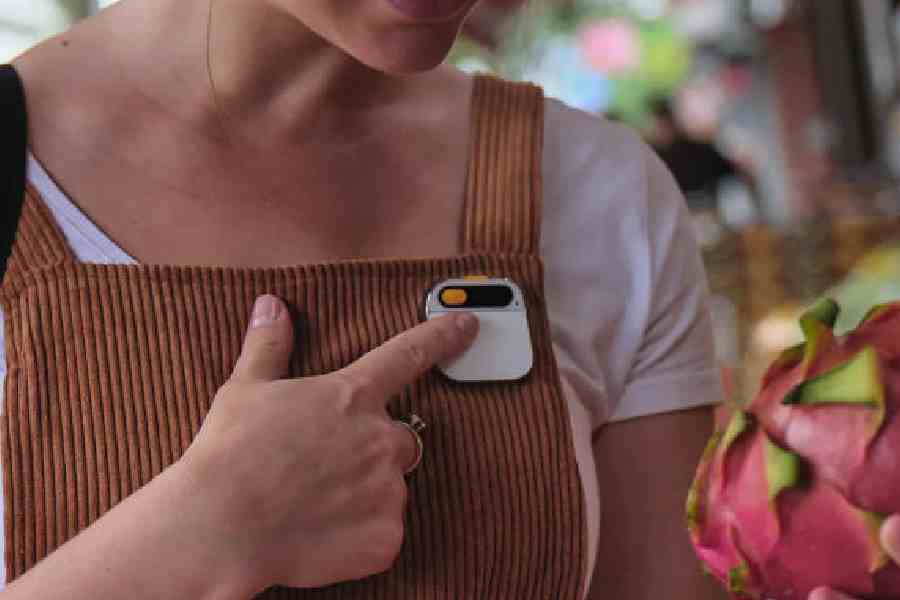We have a little genie in hand — the smartphone. And, of course, we want more.
The chase to find a replacement for this all-pervasive device is on. We already have talking speakers in living rooms, computers on the wrist and eyewear that promise the world. The latest push comes from AI-powered gadgets. Can devices like the Humane AI Pin or Rabbit R1 convert tech enthusiasm into global sales? Or will the definition of the “mobile device” simply change?
Consider the case of R1 developed by Rabbit, a start-up based in Santa Monica, US. The device is an AI “pocket companion” that operates multiple apps on the user’s behalf to get things done. The software is powered by an algorithm that can learn from how humans use apps and interfaces to replicate and automate those processes.

Rabbit R1
The thought is echoed by Prabhu Ram, who is head, industry intelligence group at CyberMedia Research, Delhi. “AI-powered devices could usher in a shift from app-centric interactions to voice commands and gestures, streamlining tasks like grocery shopping by potentially eliminating the need to navigate multiple apps,” Ram tells The Telegraph.
For Humane, a lot depends on its computer brooch, the AI Pin. The San Francisco-based company is helmed by Apple alumni Imran Chaudhri and Bethany Bongiorno. Their gadget clips on your clothing to summon a chatbot and is controlled by speaking aloud, tapping a touchpad or projecting a laser display onto the palm of a hand.
Synergy effect
Will it stop us from buying smartphones or laptops? “We believe these new forms of AI-based devices will have their defined use-cases and scenarios which will act as companion devices just like our smartwatch. So practically, in near to mid-term they won’t replace smartphones,” says Neil Shah, partner of the Hong Kong-based tech research firm Counterpoint Research.
As ideas to keep smartphones interesting have slowed down, there has been a decline in unit sales last year. Global shipments from the five largest companies fell over 3 per cent in 2023, according to data from global market research firm IDC. This offers AI gadgets an opportunity to make money but big firms won’t allow it.
Take the case of Samsung and its Galaxy AI strategy, which involves a hybrid AI play that uses both on-device and cloud-based AI. It was first seen on the company’s latest Galaxy S24 phones and is now being rolled out to more devices.
“The mobile device will be at the core of AI and AI capabilities, and AI companion devices, I believe, will further enrich the mobile AI (experience). By doing so, they will have a synergy effect with smartphones,” T.M. Roh, who is president and head of MX business, Samsung Electronics, tells The Telegraph.
The big opportunity
For a new company like the London-based Nothing, the smartphone can offer a different kind of leverage. Nothing produces smartphones as well as audio devices. Its founder Carl Pei (he co-founded OnePlus, which he left in 2020) says the most impactful AI product will be a mass product.
“Take Apple as an example and what that means for the AI age. Apple has invested a lot of resources into Siri to make it more intelligent. But the problem is if everybody’s just going to make their own AI more intelligent, like Google Gemini, Apple Siri, Samsung Bixby… is that really the best innovation for AI? Outside these big companies, you have 1,000 startups raising a ton of money to really innovate on AI. The big opportunity that we have in front of us is we have the devices already. Let’s work with the best AI companies out there,” Pei tells The Telegraph.

So what new tricks can the old candy-bar-shaped smartphone play? As the world looks for the AI successor of the iPhone, Apple’s annual Worldwide Developers Conference will unroll on June 10. It will be a chance to live up to what Steve Jobs said in 1985: “My hope is someday — when the next Aristotle is alive — we can capture the underlying worldview of that Aristotle in a computer and someday, some student... will be able to ask Aristotle a question and get an answer.”











